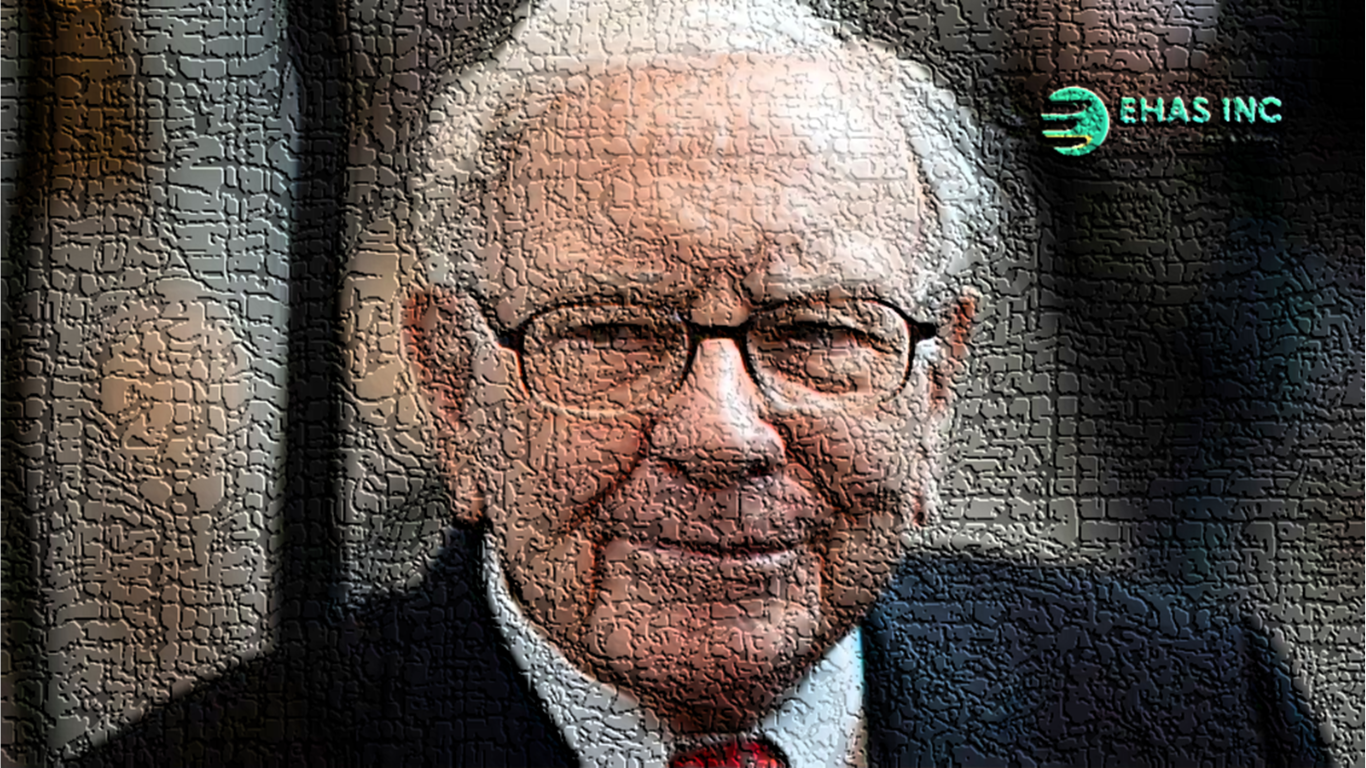Warren Buffett, often referred to as the “Oracle of Omaha,” is a name synonymous with extraordinary investment acumen and exceptional philanthropic endeavors. Born on August 30, 1930, in Omaha, Nebraska, Buffett has carved a niche as one of the most successful investors in the late 20th and early 21st centuries. His journey from a young, ambitious investor to a globally respected philanthropist is not just a tale of financial success but also of personal integrity and commitment to social responsibility.
Early Life and Education
Buffett’s journey began in Omaha, where he was born to Howard Homan Buffett, a U.S. Representative. His interest in the world of business and investment surfaced early in life. After completing his undergraduate degree at the University of Nebraska, Buffett advanced to Columbia University’s School of Business, where he studied under Benjamin Graham. Graham, often called the father of value investing, had a profound influence on Buffett’s investment strategy.
Berkshire Hathaway and Investment Success
In 1956, Buffett returned to Omaha and gradually started building his empire. The pivotal moment came in 1965 when he took control of Berkshire Hathaway, a textile manufacturing firm. Under Buffett’s guidance, Berkshire Hathaway evolved into a massive conglomerate, with a portfolio encompassing various industries.
Buffett’s investment philosophy was simple yet profound: invest in companies with strong fundamentals and hold them long-term. This approach defied the short-term, speculative trends that dominated Wall Street. The result was extraordinary – while the major stock averages grew at about 11 percent annually, Berkshire Hathaway’s stock skyrocketed, averaging a 28 percent annual growth.
A Different Kind of Billionaire
Despite his immense wealth, Buffett maintained a remarkably modest lifestyle. He lived in the same house he bought in the 1950s and drove an average car. His critique of policies favoring the wealthy over the middle and lower classes garnered much attention, highlighting his belief in a more equitable society.
Philanthropic Endeavors
Perhaps what truly sets Buffett apart is his commitment to philanthropy. In June 2006, he pledged to donate over 80 percent of his wealth to charities, a figure he later increased to 99 percent. The primary recipient of this generosity was the Bill & Melinda Gates Foundation. Buffett’s philanthropic efforts focus on global health, education, women’s rights, and poverty alleviation.
In 2010, Buffett, along with Bill and Melinda Gates, launched the Giving Pledge, encouraging other wealthy individuals to contribute a majority of their wealth to philanthropic causes.
Navigating Crises with Foresight
Buffett’s strategic prowess was notably evident during the 2007–08 subprime mortgage crisis. His investments in companies like Goldman Sachs and General Electric, initially viewed skeptically, turned out to be highly profitable. These moves underscored his ability to identify value even in times of economic turmoil.
Legacy and Recognition
Warren Buffett’s legacy is not just in the wealth he accumulated but in the ethical and strategic way he did it, and how he chose to use it for the greater good. In 2011, he was awarded the Presidential Medal of Freedom, acknowledging his contributions to business and philanthropy.
As we look at Buffett’s journey, it’s clear that his success is not solely measured by the billions in his bank account, but also by the impact he has had on the world. He transformed Berkshire Hathaway from a struggling textile mill into a global powerhouse and used his wealth to tackle some of the world’s most pressing issues. Warren Buffett stands as a beacon of how financial success can go hand in hand with ethical integrity and social responsibility.







